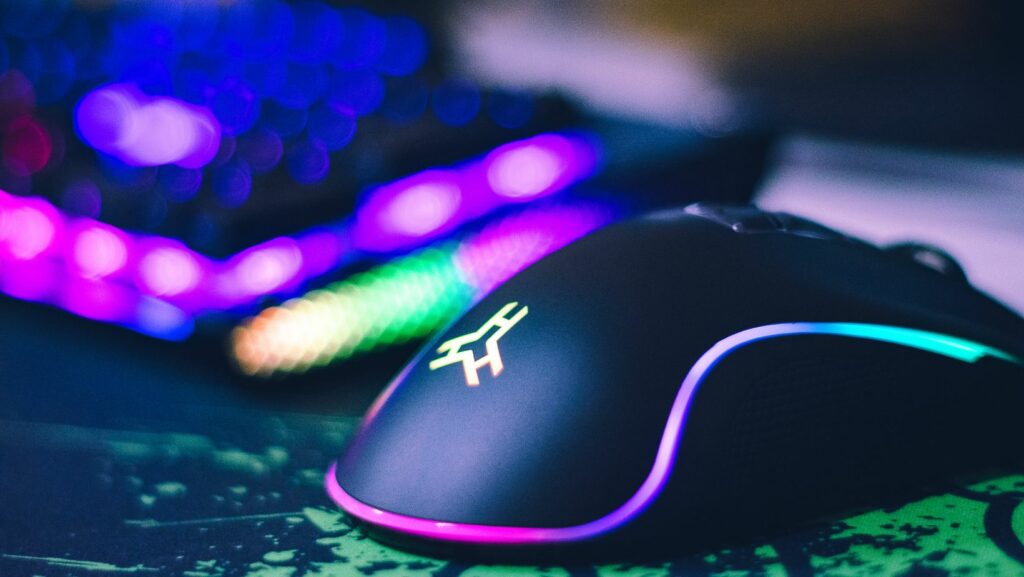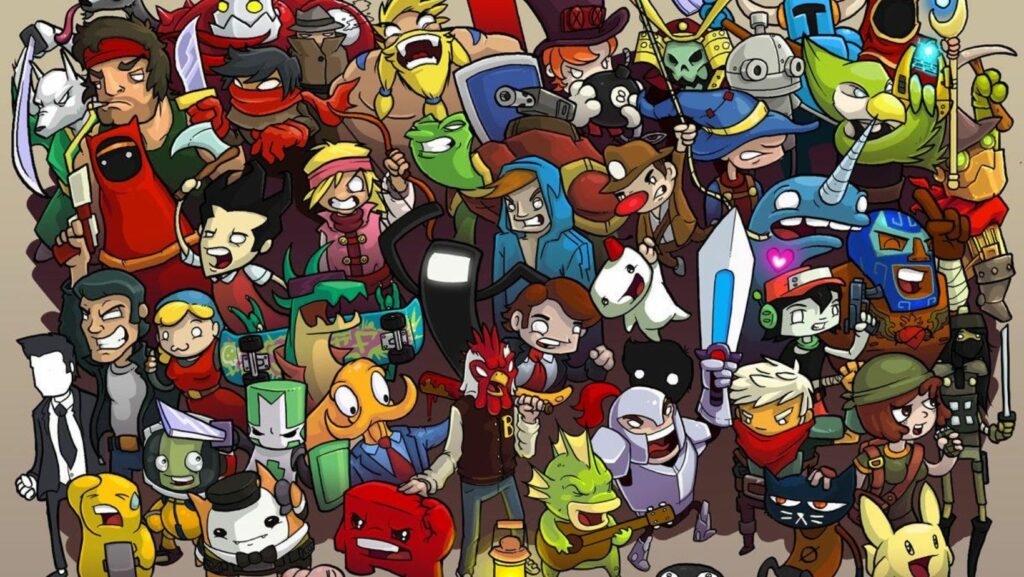How Hard is it to Start an Indie Company for Gaming
Starting an indie gaming company can be a thrilling but challenging endeavor. How hard is it to start an indie company for gaming? The landscape of the gaming industry is highly competitive, with established companies dominating the market. As I delved into creating my own indie gaming company, I quickly realized that standing out in this crowded field requires more than just a great game idea.

One of the key hurdles in starting an indie gaming company is financial resources. How hard is it to start an indie company for gaming? Developing a game from scratch demands not only time and effort but also financial investment. Securing funding for your project can be daunting, especially without a proven track record or established connections within the industry.
Additionally, navigating through the complexities of game development, marketing, distribution, and player engagement poses a steep learning curve for newcomers. Balancing creativity with practicality is essential for success in the indie gaming scene. Despite these challenges, the opportunity to bring unique ideas to life and connect with players on a personal level makes the journey of starting an indie gaming company both rewarding and fulfilling.
Understanding the Indie Gaming Scene
When diving into the world of indie gaming, it’s crucial to grasp the landscape that shapes this vibrant community. The INDIE GAMING SCENE is a realm where creativity knows no bounds. It encompasses a diverse array of developers, from solo enthusiasts working on passion projects to small teams striving to make their mark in the industry.

In this eclectic environment, innovation reigns supreme. Indie developers often push the boundaries of traditional gaming conventions, delivering unique gameplay experiences that captivate players worldwide. From thought-provoking narratives to visually stunning art styles, indie games offer a refreshing departure from mainstream titles.
One defining aspect of the indie gaming scene is its emphasis on artistic expression and experimentation. Developers are free to explore unconventional ideas and tackle niche genres that might not garner attention from larger studios. This freedom fosters a culture of risk-taking and originality, resulting in an ever-evolving landscape of indie gems waiting to be discovered.
Despite the challenges inherent in independent game development—such as limited resources and visibility—the indie gaming scene continues to thrive thanks to its passionate community and unwavering dedication. By supporting indie creators through platforms like Steam, itch.io, and crowdfunding sites, gamers play a vital role in nurturing this creative ecosystem for years to come.
In essence, understanding the dynamics of the indie gaming scene requires an appreciation for its diversity, creativity, and resilience. It’s a realm where imagination knows no bounds—a playground for innovative minds seeking to leave their mark on the ever-expanding world of video games.
Essential Steps to Start an Indie Gaming Company
So you’re thinking about diving into the world of indie gaming? It’s an exciting journey, but one that requires careful planning and execution. Here are some essential steps to kickstart your indie gaming company:

Research and Conceptualization
Before you jump headfirst into creating games, it’s crucial to conduct thorough research. Explore the market trends, study successful indie game companies, and identify gaps or niches you can fill. Develop a unique concept for your games that sets you apart from the competition. Remember, originality is key in the gaming industry.
Build a Talented Team
Creating games is rarely a solo endeavor. You’ll need a team of skilled individuals who share your passion and vision for game development. Whether it’s programmers, artists, designers, or writers, assembling a talented team is instrumental in bringing your game ideas to life. Collaborate effectively and leverage each team member’s strengths.
Create a Business Plan
While creativity fuels indie game development, don’t overlook the importance of having a solid business plan. Outline your company goals, target audience, revenue streams, marketing strategies, and budgeting projections. A well-thought-out business plan not only guides your decisions but also attracts potential investors or partners.
Develop Your First Game
With research done and team assembled, it’s time to start developing your debut game. Focus on quality gameplay mechanics, engaging storytelling, captivating visuals, and immersive sound design. Iterate on feedback received during playtesting to refine your game further. Remember that launching your first game is just the beginning of building your brand in the gaming industry.


